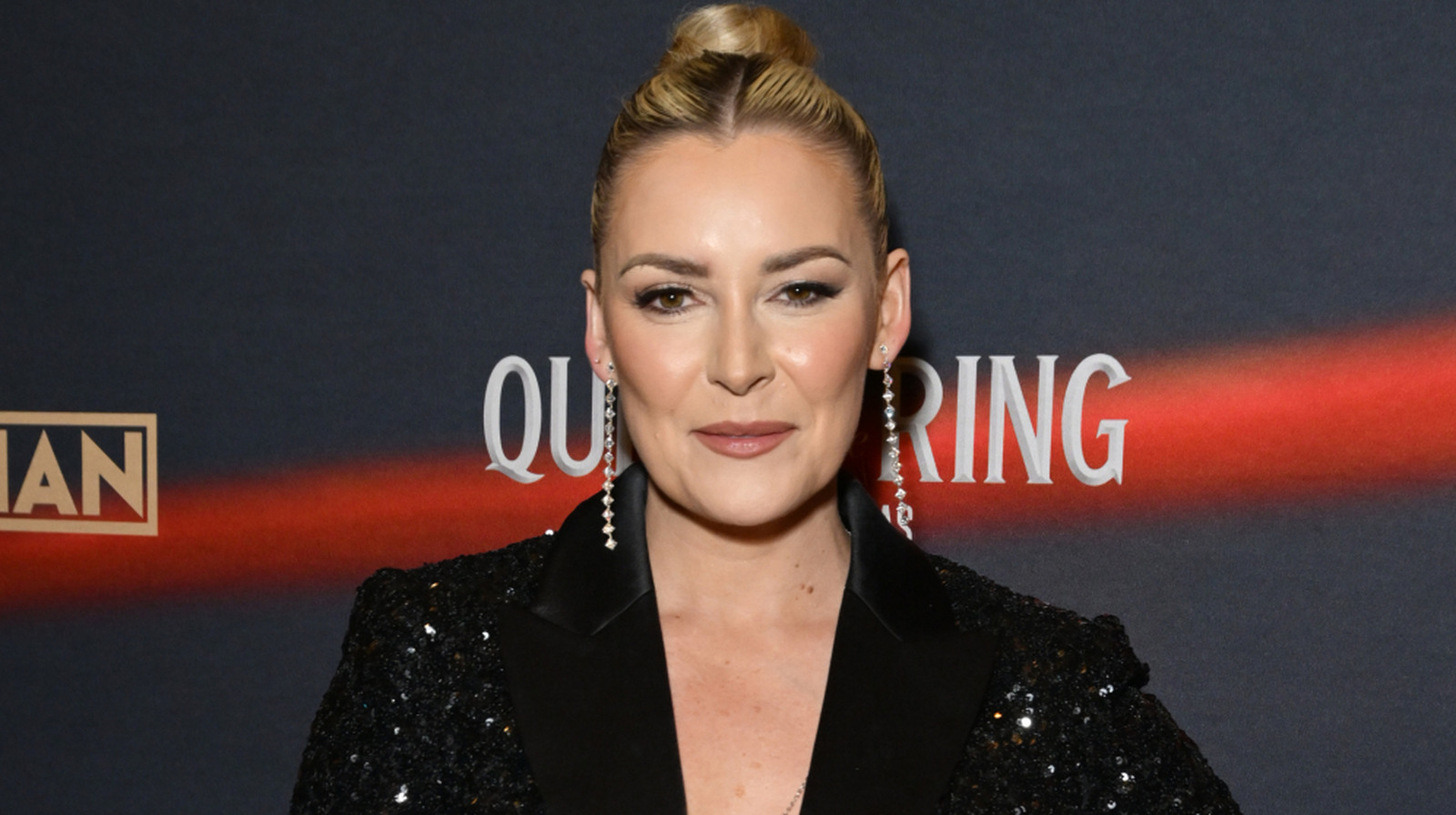
In a move that could reshape the landscape of American education, the Supreme Court has set the stage for the Trump administration to potentially dismantle the federal Department of Education. This decision comes nearly a century after the historic Scopes “Monkey” Trial, which first brought the teaching of evolution into the national spotlight.
The ruling has reignited discussions about the role of federal oversight in education, a topic that has been contentious since the Department of Education was established in 1979. Critics argue that the federal department has overstepped its bounds, while supporters claim it is essential for maintaining educational standards across states.
The Historical Context
The Scopes Trial of 1925 marked a pivotal moment in American education, challenging the legality of teaching evolution in schools. The trial, which pitted science against religious fundamentalism, underscored the ongoing tension between educational content and societal values. Today, the debate has evolved but remains deeply rooted in questions of curriculum control and educational freedom.
Bruce Shapiro, a contributing editor with The Nation magazine and Executive Director of the Dart Centre for Journalism and Trauma at Columbia University, reflects on the historical parallels. “The Scopes Trial was about more than just evolution; it was about who gets to decide what is taught in schools,” Shapiro notes. “This latest Supreme Court decision echoes that same struggle for control.”
Implications of the Supreme Court’s Decision
The potential dismantling of the Department of Education could lead to significant changes in how education is administered across the United States. Without federal oversight, states may have more autonomy to set their own educational standards, potentially leading to a patchwork of regulations and quality levels.
Education policy experts express concern over the implications of such a move. According to Catherine Zengerer, producer and education policy analyst, “The absence of a federal body could widen the gap between well-funded and under-resourced schools, exacerbating educational inequality.”
“The absence of a federal body could widen the gap between well-funded and under-resourced schools, exacerbating educational inequality.” — Catherine Zengerer
Expert Opinions and Reactions
Reactions to the Supreme Court’s decision have been mixed. Proponents of decentralization argue that local control allows for more tailored educational approaches that reflect community values and needs. However, opponents fear that without a unifying standard, disparities in educational quality will increase.
Shapiro emphasizes the potential risks, stating, “Education should be a great equalizer, but without federal oversight, we risk creating a system where the quality of education is determined by geography and local politics.”
Looking Forward: The Future of U.S. Education
The debate over federal versus state control of education is far from over. As the Trump administration considers its next steps, educators, policymakers, and parents alike are closely monitoring the situation. The potential changes could have long-lasting effects on the educational landscape in the United States.
Moving forward, it will be crucial for stakeholders to engage in open dialogue about the best path forward for American education. As Shapiro concludes, “The future of education in this country depends on our ability to balance local control with the need for national standards that ensure all students have access to quality education.”
The coming months will likely see heated debates as the nation grapples with these complex issues. Whether the Supreme Court’s decision will lead to a more equitable education system or deepen existing divides remains to be seen.







